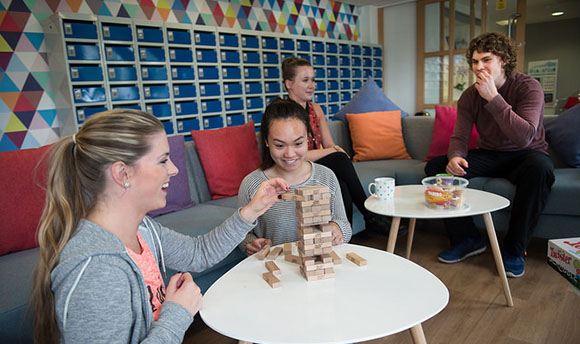Early in September this year, the Senior Management Team at Queen Margaret University, Edinburgh led a Q & A meeting to help explain the University’s policies and guidance on keeping us safe from COVID before the teaching semester began in earnest. At the end of that session, I wondered about the difficult and unenviable position our Senior Management Team is in, having the weight of responsibility on their shoulders.
This pandemic has demonstrated with unashamed clarity that none of us are immune as individuals from the trappings of the virus. Neither are our biological and social systems designed for the global problems of the 21st century. Both are equally at the mercy of the forces of nature, and both are equally guilty of hubris in thinking that we can somehow find the means to defeat this disease that has claimed 4.51 million lives worldwide. The likely figure for excess deaths is more than twice that number. It rendered tens of millions severely ill and continues to do so. No amount of forecasting, statistics, data, timetabling and mask-wearing at both the macro and micro level can defeat Mother Nature. And she is flexing her muscles, shattering our ingrained lifelong assumptions and habits.
In the 17th Century, Shirley wrote a hauntingly philosophical poem about the dismal march of death that tramples down human pride and pomp: “The glories of our blood and state, are shadows, not substantial things; There is no armour against fate”. COVID is indeed a leveller. It is, as the International Monetary Fund (IMF) put it, “a crisis like no other”. “This is the real first world war,” said Lenín Moreno, President of Ecuador, one of the hardest-hit countries. “The other world wars were localised in [some] continents with very little participation from other continents … but this affects everyone. It is not localised. It is not a war from which you can escape.” It was heart breaking therefore to hear colleagues and students seeking reassurance, rules and regulations from our Senior Management that will keep us all safe in seminar rooms and lecture halls - each of us wondering how to protect ourselves whilst embracing the joy of seeing colleagues, students and friends once again. There is no 100% COVID immune bunker, and yet some are of us are traumatised and others are disassociated or in denial.
With perhaps the exception of a few who survived and remember the two world wars, it is challenging for most of us to truly grasp collective mortal destruction, which for so many across the Global South has been a daily lived reality for decades. We have come to expect solutions, and even quick fixes. We feel immune to the worst disasters and entitled to the best care. The intense levels of anxiety this has caused us is entirely understandable, alongside the disruption to our lives as we each knew it to be. Some countries have, of course, responded and recovered better, having had experiences of other more deadly diseases (SARS, MERS, EBOLA), which we in the West “othered”. Yet as we continue to spend trillions on powerful weapons of war, none has managed to save us from this disease that has attacked our very being and eaten into our core in every way imaginable.
Adam Tooze argues that “it might also be seen as the first comprehensive crisis of the age of the Anthropocene – an era defined by the blowback from our unbalanced relationship to nature”. And I wholeheartedly agree. Tooze writes eloquently that “the Anthropocene has shown its fangs – on an as yet modest scale”. James Baldwin warns, “we must not be surprised when the bread [we] have cast on the waters comes floating back to [us], poisoned.
Scientists have repeatedly stated that COVID is far from being the worst of what we should expect. COVID is not the worst. There are more deadly pandemics to come. Around the world today the dead are unnumbered, but the best guess puts the figure at 10 million. Thousands are dying every day. The UK Government, the Scottish Government, other governments around the world can really only stick plaster on so many troubles that face us globally, because the political will to make the revolutionary changes for survival in this century is not forthcoming.
It is hard to accept that at one level we reap what we sow. Many still assume government is the paternal force it was in the first half of the 20th Century. No matter where I look, and when I look closely, the answer is still compassion. Perhaps, all we can do is look after ourselves and others as best we can with kindness and generosity, bypassing the systems that govern us, and yes, tapping into the inimitable source of “emotional labour”, “resilience” that makes us proud to be what we are - human. Is this then a form of anarchy in its formal sense? And then, of course, how do we reach out to those both here and worldwide for whom education, economic success and fair housing has cruelly passed by both before and after the pandemic?
This crisis has reminded me that there are questions to which there are no answers or solutions and I wonder if even Solomon would have known what to do.
Dr Geetha Marcus is a Senior Lecturer in the Psychology, Sociology & Education division and the Programme Leader for BA (Hons) Education Studies.







